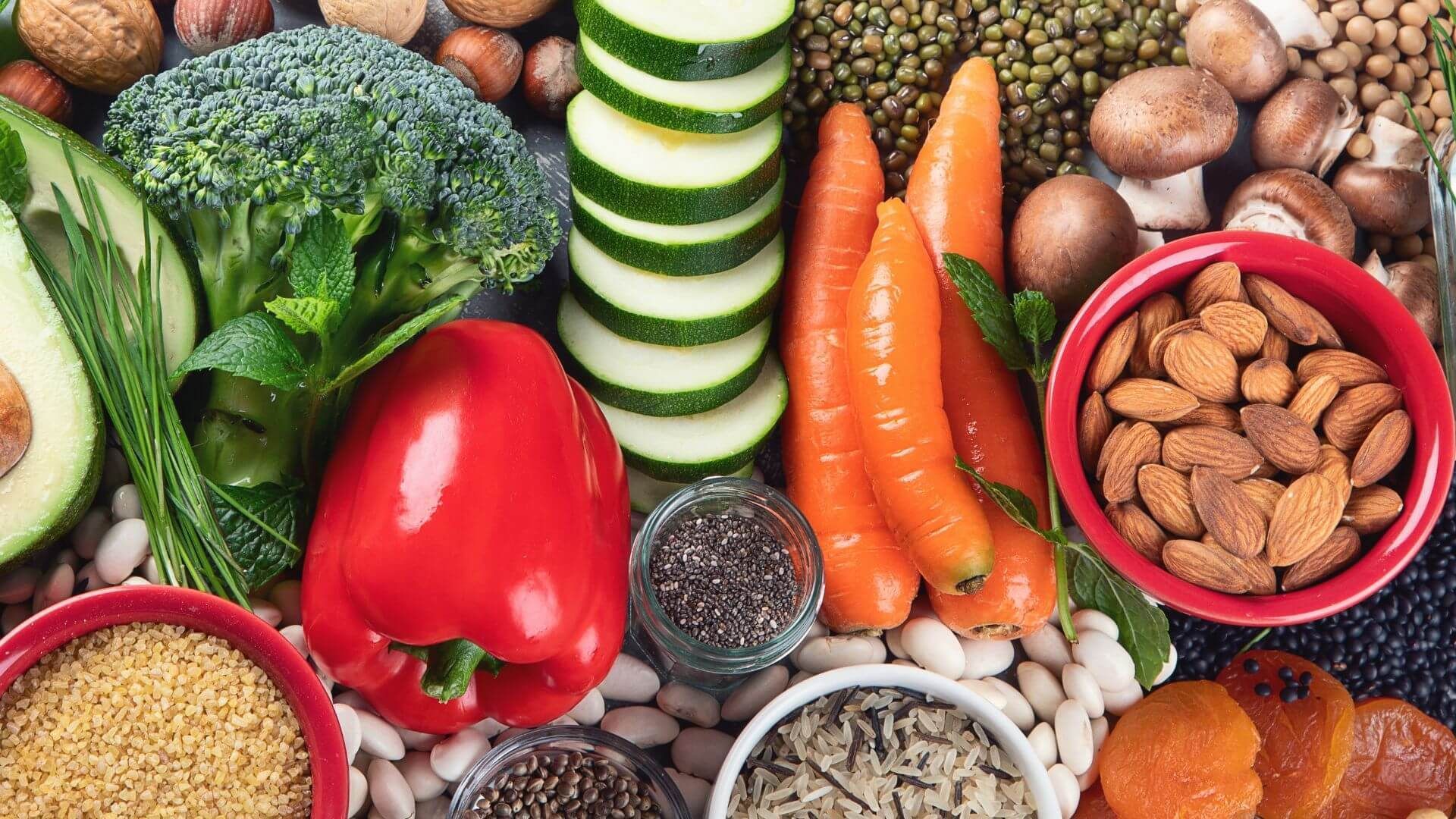I'll admit it - when intermittent fasting first gained popularity, I was
skeptical. Another fad diet promising miraculous results? But after
seeing the research and working with patients for three years now, I'm
convinced it's one of the most powerful tools we have for
diabetes prevention.
The magic isn't just in when you eat, but when you don't eat. During
fasting periods, your insulin levels drop, your cells become more
sensitive to insulin, and your body switches to burning fat for fuel.
It's like giving your glucose regulation system a daily reset.
Popular Fasting Approaches
16:8 Method
Fast 16 hours, eat in 8-hour window
Most Popular
5:2 Diet
5 normal days, 2 low-calorie days
Best Results
Early TRE
Last meal before 5 PM
Best Glucose
Here's something most people get wrong about intermittent fasting -
timing matters more than duration. Recent research shows that eating
your last meal before 5 PM and fasting overnight leads to better glucose
regulation than the same fasting period later in the day.
My Clinical Experience
"I've tracked over 200 patients using different IF protocols. The 5:2
method consistently shows the best HbA1c improvements - we're talking
about drops from 7.2% to 6.5% in 12 months. But here's the kicker:
people stick to it better than daily restriction because they only
have to 'diet' two days a week."
The research from ENDO 2025 confirms what I've been seeing in practice.
When they compared three approaches - intermittent energy restriction
(5:2), time-restricted eating, and continuous calorie restriction - the
intermittent approach won on almost every metric.
Fasting Blood Glucose
IF Group: 120 mg/dL
Control Group: 140 mg/dL
After 12 months (p=0.008)
HbA1c Levels
IF Group: 6.5%
Control Group: 7.2%
After 12 months (p=0.009)
But let's be realistic about the challenges. The first two weeks are
tough. Your body is used to constant glucose supply, and when you
restrict that, you might feel tired, irritable, or get headaches. This
isn't failure - it's adaptation.
Start slow. If you normally eat from 7 AM to 9 PM, don't jump straight
to 16:8. Try 12:12 first (eat from 8 AM to 8 PM), then gradually narrow
the window. Your body needs time to adjust its hormone production and
metabolic patterns.
Pro Tips for Success
-
• Stay hydrated during fasting periods - dehydration feels like
hunger
-
• Plan your eating window around your social life, not against it
- • Monitor blood sugar more frequently in the first month
- • Don't fast if you're sick, stressed, or not sleeping well
The beauty of intermittent fasting is its simplicity. You don't need to
count calories or macros. You just need to watch the clock. But remember
- what you eat during your eating window still matters. Fasting followed
by junk food won't give you the results you want.


